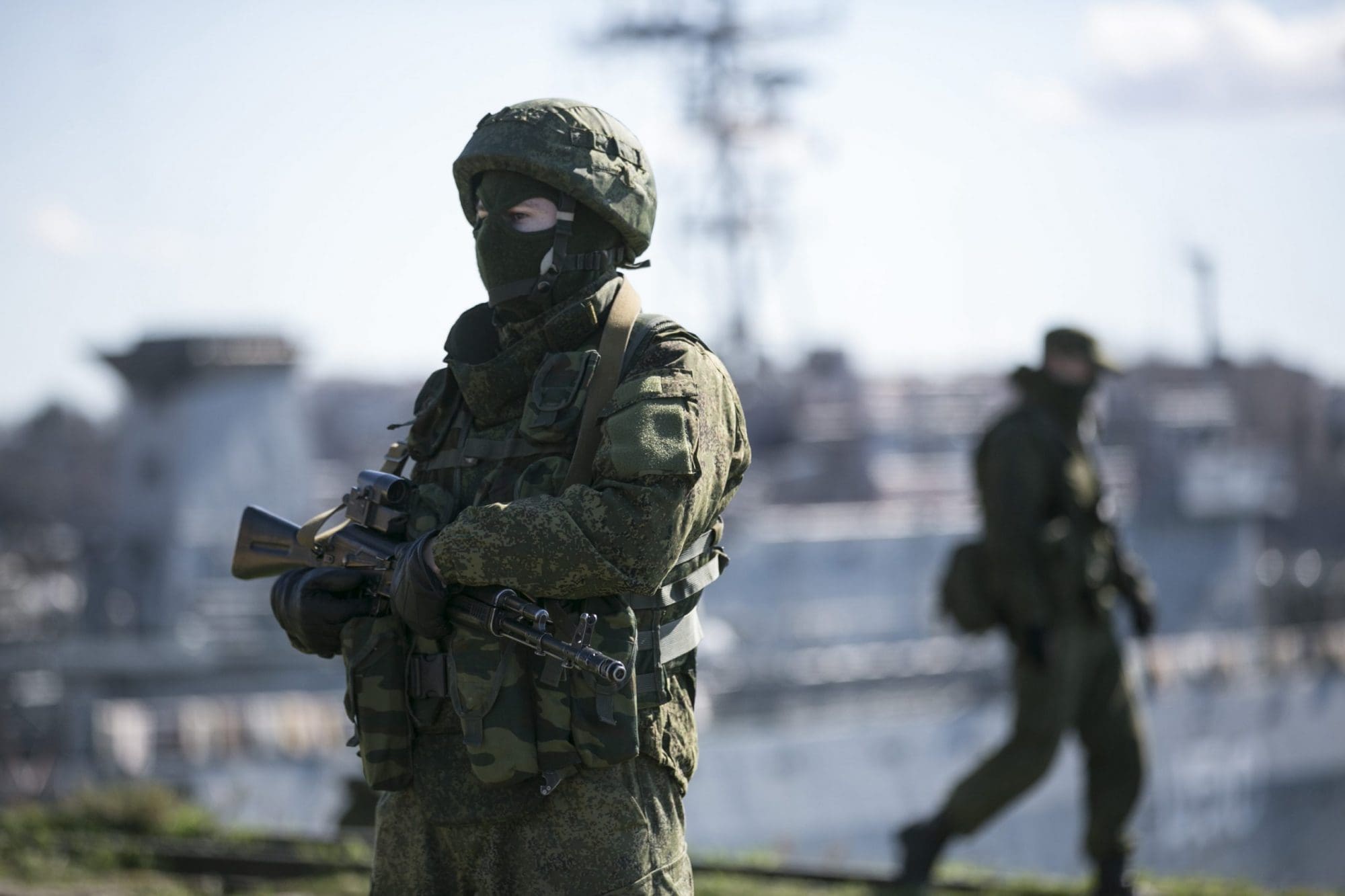For centuries, Ukraine’s long struggle for statehood has been mirrored by the often troubled fate of the Ukrainian language. Oppressed and marginalized throughout the Czarist and Soviet eras, Ukrainian finally shed its second-class status in 1991 to become the official state language of newly independent Ukraine. However, the story did not end there.
Despite the upgrade of Ukrainian following the collapse of the Soviet Union, the language has continued to play second fiddle to Russian throughout much of the country and in many aspects of everyday life. Ever since the 1990s, efforts to regulate and promote the use of Ukrainian in place of Russian have proved politically explosive and have come to symbolize independent Ukraine’s post-Soviet identity crisis. Meanwhile, the national debate on the language issue has reflected lingering divisions within Ukrainian society over attitudes towards the dominant role played by Russia in the country’s past.
This politicization of language does not reflect the day-to-day reality of bilingual Ukraine, where both Russian and Ukrainian are commonly spoken and widely understood across the country. Russian remains in the ascendancy in most Ukrainian cities, while Ukrainian tends to dominate in rural Ukraine and across the formerly Hapsburg lands of the west, but the linguistic fluidity of the country is such that it is not uncommon to hear both languages spoken in a single conversation.






